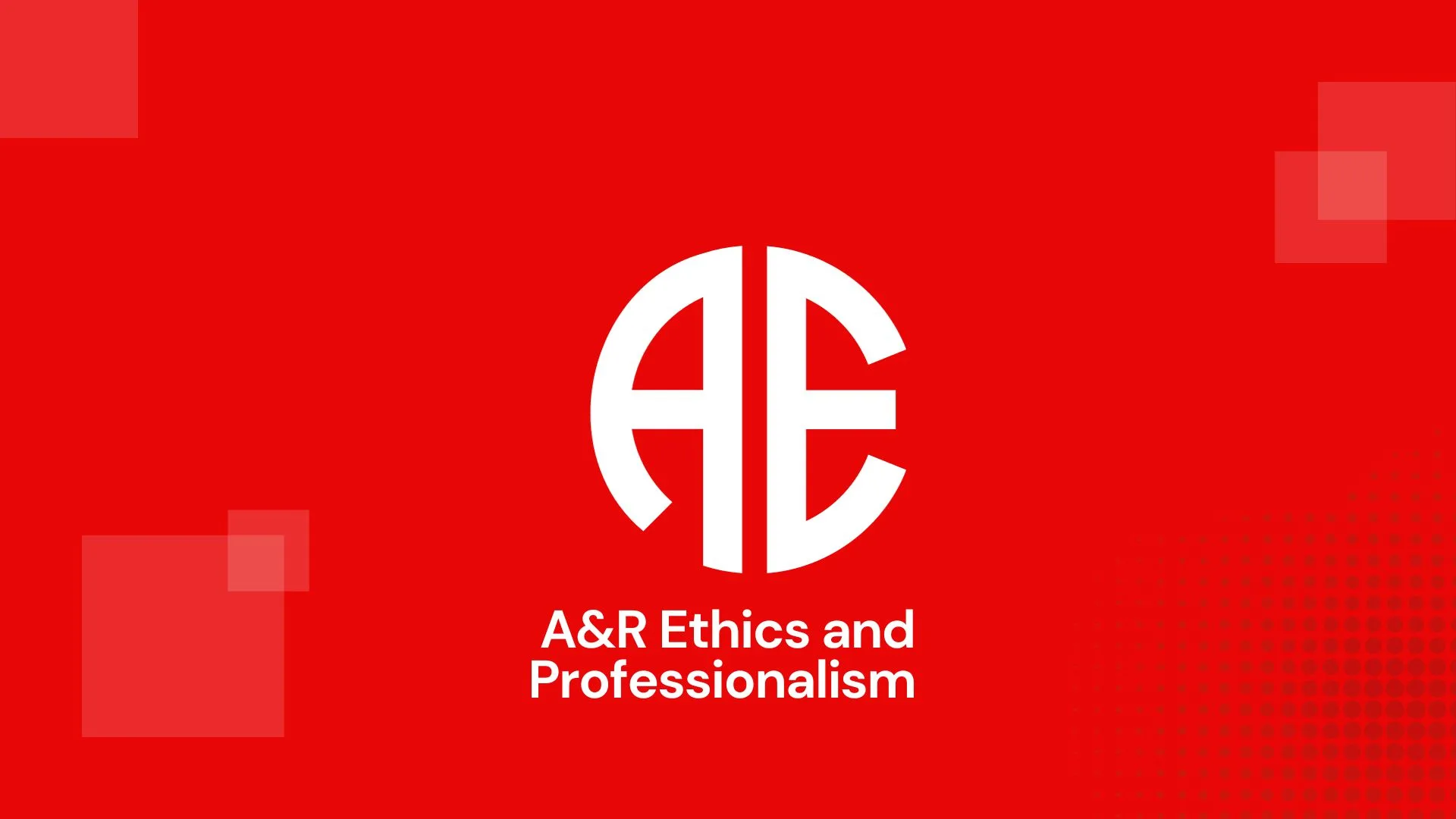
Ethical Frameworks in A&R Decision-Making
1. Respect for Autonomy
Respecting the autonomy of artists is a fundamental ethical principle in A&R decision-making. A&R professionals should recognize artists as autonomous individuals capable of making decisions about their own careers, creativity, and professional path. This involves seeking informed consent and ensuring artists have the freedom to exercise their creative control.
2. Transparency and Honesty
Maintaining transparency and honesty in A&R decision-making is essential for building trust with artists and stakeholders. A&R professionals should provide accurate and complete information to artists, ensuring they have a clear understanding of the terms and conditions of any agreements or deals. Transparency also extends to disclosing potential conflicts of interest that may impact decision-making.
3. Fairness and Equity
Fairness and equity are crucial considerations when making A&R decisions. A&R professionals must strive to ensure fairness by providing equal opportunities for artists from diverse backgrounds and avoiding discrimination based on race, gender, sexual orientation, or any other protected characteristics. Fairness also entails offering fair compensation, fairly assessing talent, and providing constructive feedback.
4. Integrity and Moral Courage
Maintaining personal and professional integrity is essential in A&R decision-making. A&R professionals should act in alignment with their values and ethical principles, even when faced with external pressure or conflicting interests. Demonstrating moral courage is vital in addressing ethical dilemmas, standing up against unethical practices, and advocating for artists’ rights.
5. Confidentiality and Privacy
Respecting artists’ confidentiality and privacy is a critical ethical consideration in A&R decision-making. A&R professionals must handle artists’ personal information and creative works with the utmost care and respect. Confidentiality agreements and data protection measures should be in place to safeguard artists’ rights and prevent unauthorized disclosure.
Ethical Challenges in A&R Decision-Making
1. Exploitation and Unfair Contracts
One of the significant ethical challenges in A&R decision-making is the potential for exploitation and unfair contracts. A&R professionals must ensure that artists are not exploited through unfair compensation structures, restrictive contracts, or unethical practices such as predatory advances. Seeking legal advice and negotiating fair terms are essential in mitigating these risks.
2. Conflicts of Interest
Conflicts of interest pose ethical challenges in A&R decision-making. A&R professionals must identify and manage conflicts of interest that may compromise their objectivity or independence in decision-making processes. Full disclosure of any actual or potential conflicts to the artists and relevant stakeholders is crucial for maintaining transparency and trust.